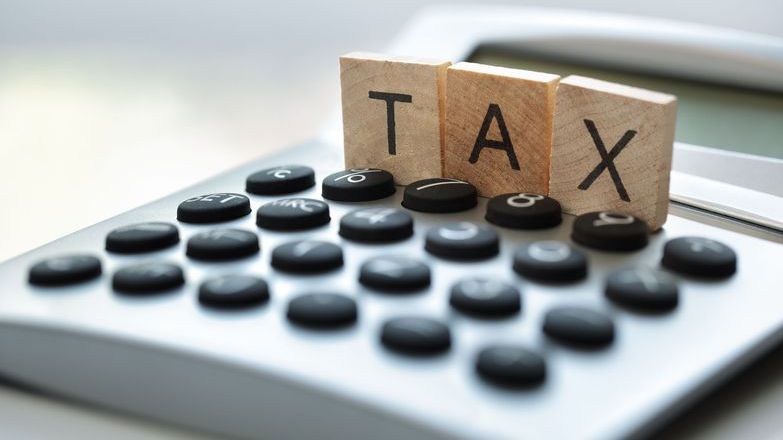
The importance of a tax return
A self-assessment tax return is a paper or online form that must be submitted annually to HMRC by the self-employed or sole traders. The current tax year runs from 6 April, 2023, to 5 April, 2024, and agents must submit their returns by the deadline of 31 January 2025. Penalties may be incurred if the deadline is missed, although these could be waived for a reasonable reason.
Do I need to file a tax return?
There is no one-size-fits-all guidance for self-assessment tax returns, and property agents are advised to check the HMRC website tool will ask basic questions about income and activities, to determine if a return needs to be submitted.
Agents often provide services through online marketplaces; HMRC selling online guidelines must be reviewed regularly to see if that activity is classed as a trade to carry out tax reporting.
Tax return information
National insurance number, unique taxpayer reference, and details of income and earnings. Taxpayers must also include information on any income already taxed, which can be done through PAYE, as well as record allowable expenses.
Further support
HMRC offers a vast array of support, including explainer videos, webinars, digital tools and tax calculators. For more information, visit the HMRC website →





